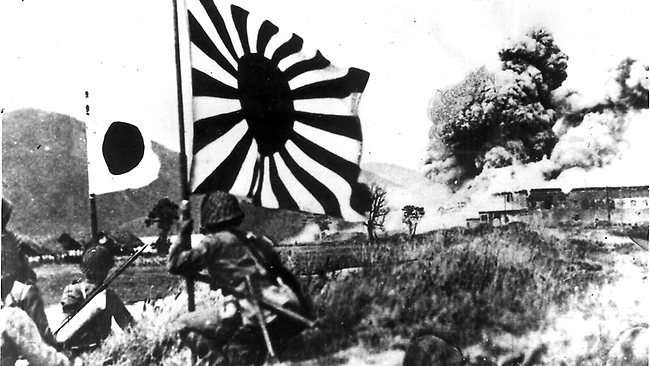Samuel Eliot Morison was the Jonathan Trumbull Professor of American History at Harvard when World War II broke out. He went to President Roosevelt and asked if there would be an opportunity to write the history of the war while the combatants were alive and before “the ships were broken up and the sailors had departed.” President Roosevelt enthusiastically responded and assigned him to the Navy, where he experienced and wrote about the war.
In the third volume of his History of the United States Naval Operations in World War II: The Rising Sun in the Pacific, Morison opens with a telling quote and statement about the root of war.
“‘From whence come wars and fightings among you? Come they not hence, even of your lusts that war in your members? Ye lust, and have not: ye kill, and desire to have, and cannot obtain: ye fight and war, yet ye have not…
Saint James may not have been the brightest of the Twelve Apostles, but in these trenchant words he announced a fundamental cause of all war which is particularly applicable to World War II. Two nations which regarded themselves as ‘have nots’ fought and made war to obtain what they wanted and, owing to the weakness or shortsightedness of their immediate neighbors, won a series of astounding victories. But their own cruelty and oppression aroused the rest of the world against them, and in the end they had less than nothing.”
Greed, lust, an unwillingness to tame one’s passions, those are the roots of war between nations and the strife between peoples.
We want to battle an outside force, as if we are battling orcs in Lord of the Rings or the Empire in Star Wars. But that is not the real battle. The real battle is daily, and it is with the passions that rage in each of us.
















Leave a Comment
Your email address will not be published. Required fields are marked with *